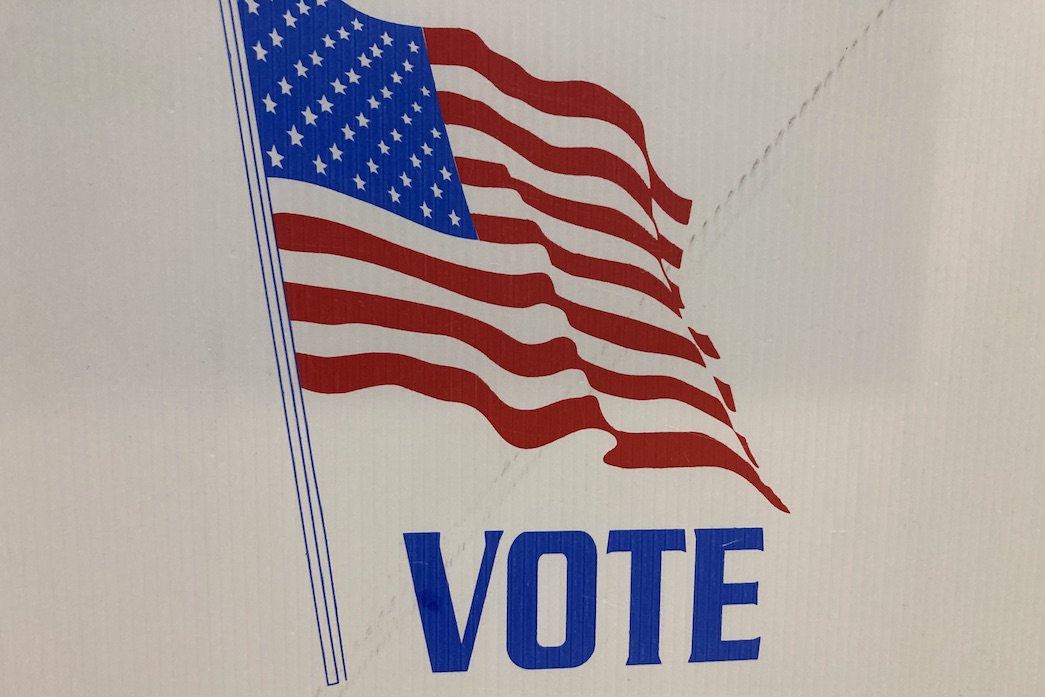 ‘Samosa’ caucus set to grow in Washington; 27 vying for elective offices in the states
‘Samosa’ caucus set to grow in Washington; 27 vying for elective offices in the states
Time was Indian Americans shunned politics. No more. A record 35 Desi candidates are running in the high stakes midterm elections from Arizona to Wisconsin to have a say in the affairs of their new homeland.
All 435 seats in the US House of Representatives are up for grabs in the Nov 8 election. So are 34 of the 100 Senate seats and Governors’ mansions in 36 states. States are also electing hundreds of lawmakers and other officials from county commissioners to attorneys general.
Read: Election 2022: Indian American Impact launches WhatsApp tipline (November 4, 2022)
At the federal level, eight Indian American candidates are running for seven House seats with incumbent Democrat Ro Khanna engaged in a contest with Republican Ritesh Tanden. There are no Desi candidates for the Senate.
All the four current members of the ‘Samosa caucus’ – as the Desi lawmakers in the Congress have nicknamed themselves – Ami Bera and Ro Khanna (California), Raja Krishnamoorthi (Illinois) and Premila Jayapal (Washington) are sitting pretty, according to poll forecasts.
Poll watchers also give a good chance to Belgaum, India-born self-made millionaire Shri Thanedar, 67, in Michigan’s 13th Congressional District covering a chunk of Detroit, against Republican Martell Bivings, an African American.
Election of Thanedar, who is now a Michigan state legislator and ran unsuccessfully for the Democratic party nomination for governor in 2018, would add a fifth member to the Samosa caucus.
In the states, Indian Americans would be watching with interest the gubernatorial contest in Maryland where Andhra Pradesh, India-born Aruna Miller, 57, is the running mate of Democratic candidate Wes Moore.
Political observers give the Moore-Miller ticket a strong chance of defeating Republican rivals Dan Cox and Gordana Schifanelli, in a state where Democrats outnumber Republicans 2-to-1.
READ: Elections 2022: Ballot paper vs voting machine row continues (November 3, 2022)
If elected, Miller, a transportation engineer by profession and a former member of the Maryland House of Delegates, would become the state’s first Asian-American lieutenant governor and the first immigrant to be elected to statewide office in Maryland.
A dozen Indian Americans are running for State assemblies in Florida, Georgia, Illinois, Iowa, Maryland, Michigan, New Hampshire Ohio and Pennsylvania.
Six more are trying their luck in State Senates in Arizona, Michigan, Vermont and Washington. Nine others are vying for elective offices with Republican Harry Arora running for State Treasurer in Connecticut and Sim Gill for District Attorney in Salt Lake County, Utah.
All but three or four of the 35 Indian American candidates in the fray are Democrats.
Health care, jobs and the economy, crime, education, gun control, environment, voting rights and addressing racism are the top issues for Indian and other Asian Americans, according to a pre-poll survey.
More than three in four ranked all these as “extremely important” or “very important,” according to the survey by Asian and Pacific Islander American Vote (APIAVote), AAPI Data, and Asian Americans Advancing Justice.
READ: Will AI turn the tide in midterm elections? (November 1, 2022)
Diaspora group Foundation for India and Indian Diaspora Studies (FIIDS) has also come out with what it calls important ‘asks’ of Indian American voters on their issues and policy matters.
Among the issues flagged by it are stopping injustice to high tech immigrants, eliminating visa appointment delays, checking campaign of misinformation and hate and cultural recognition.
Also listed are support for US-India strategic partnership and concern over terror funding/military aid to Pakistan and inflation and recession.
As Indian Americans are almost ~4.5million in population with a high concentration in critical competitions and swing states spanning Florida, Georgia, Arizona, Virginia, New Jersey, Texas, and California, they want their voice be heard on important issues and policy matters, the group says.
Read: 2022 Wisconsin Election Results (November 8, 2022)
FIIDS had also launched a campaign to encourage more participation by Indian American voters in mid term elections to augment their influence on policy matters.
By all accounts, Indian American voters turned the tide for Democrats in 2020 in key battleground states and helped Joe Biden come to power.
Will they again decide who controls the House and the Senate in midterm elections and change the power balance in Washington?



